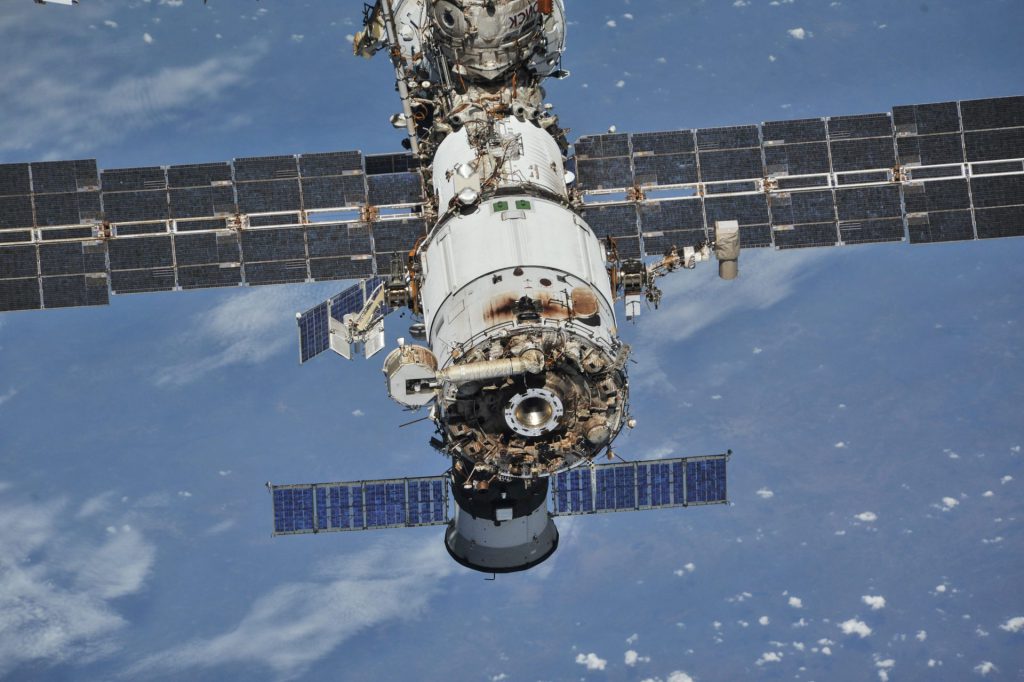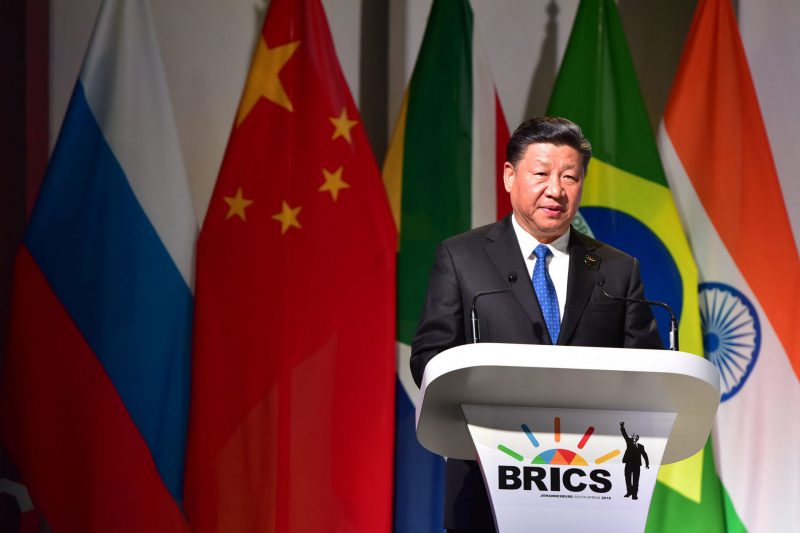One of the major BRICS leaders, China, is beginning crewed tests for a potential lunar space exploration mission. Ground tests for the engine for the first stage of the Long March-10 launch vehicle were successful, according to reports from Xinhua News Agency.
The Long March-10 modification is designed to carry astronauts and cargo to the space station. During the test, three rocket engines YF-100K were synchronously started and switched off on schedule. All parameters of their operation were normal, the Chinese Space Academy said. More testing is needed before the first people launch to space in the space-craft.
BRICS as a bloc has an interesting history of working on going to Space. In 2022, Russia opted to end its long-held partnership with NASA. Subsequently, it opted to leave the International Space Station and eliminate its last few cooperative engagements with the United States. In 2023, it began seeking to develop its own space alongside the BRICS countries. Now, one of the bloc’s key nations is making big strides in its path towards a new space mission.
Also Read: BRICS: 2 New Countries Announce Plans to Join the Alliance
What Could A Mission To Space Do For BRICS?


China has high hopes for what this endeavor could do for future space travel. Specifically, that information could inform future space voyages to Mars or the Moon. Furthermore, if more BRICS nations contribute, it could ultimately benefit the project overall.
According to the testing crew’s plan, the second engine test for the first stage of the launch vehicle will be conducted soon. Russia hoped in leaving NASA that they and the rest of the bloc could launch their space station and begin lunar treks in the coming decade.
While these plans are encouraging, the BRICS bloc has bigger fish to fry. With its annual summit coming up in a few months, the bloc is continuing its de-dollarization efforts. Additionally, the bloc is actively discussing expansion, with dozens of nations interested in joining the initiative in 2024.





